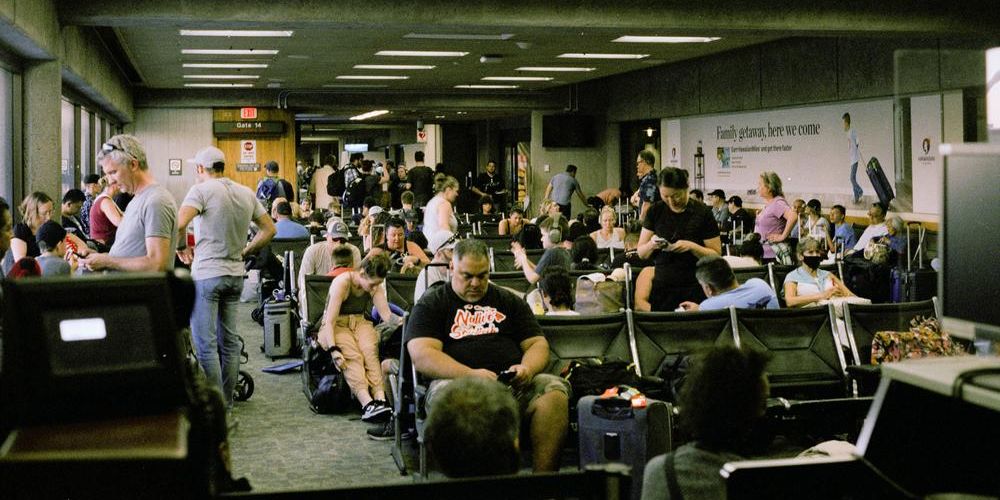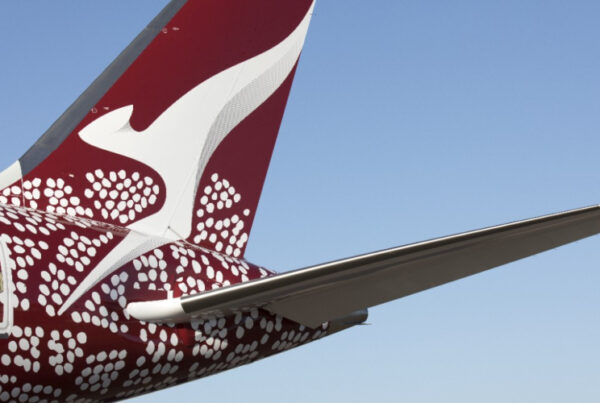Australian travellers continue to grapple with significant flight disruptions, as recent data from the Bureau of Infrastructure and Transport Research Economics (BITRE) reveals a concerning trend in airline performance.
In March 2025, the national flight cancellation rate surged to 5.0%—more than double the long-term average of 2.2%. On-time performance also declined, with only 80.2% of flights arriving and 80.7% departing on time, both figures falling below historical benchmarks.
This follows February’s already elevated cancellation rate of 2.6% (over 1,050 flights), underscoring a continued pattern of instability in domestic and international schedules.
Flight delays and cancellations can be triggered by a range of issues. While operational problems within an airline’s control—such as staffing or aircraft maintenance—can entitle travellers to refunds, rebookings or reimbursement, disruptions due to extreme weather or air traffic control limitations usually result in more restricted support .
For example, in early March, flights in and out of Ballina and the Gold Coast were cancelled en masse due to Tropical Cyclone Alfred, stranding thousands of passengers across popular Queensland holiday hubs .
As flight disruptions become increasingly common, Australian travel agents are stepping up to assist travellers in navigating these challenges.
Dean Long, CEO of the Australian Federation of Travel Agents (AFTA), highlights the critical role agents play:
“The heartbreak of holidays and travel plans going off the rails as a result of flight cancellations is right now a regular occurrence. It’s often a costly experience as well, as typically high cancellation fees on hotel accommodation apply by the time an airline cancels your flight.”
“Our members are dealing with regular calls from desperate clients and we understand the frustration, but we also ask everyone to please remember that where we are able to find replacement fares, those fares are typically at double and triple the original cost due to the very limited availability and price increases.”
“When booking flights and accommodation, talk to your travel professional to understand how you can build in flexibility and ensure you have the right travel insurance in place,” Long advises. “Australia’s travel professionals are doing everything they can to help people keep travelling despite these challenges—and all they ask is for a little understanding and patience while they work to find solutions.”
RACV Travel Insurance Manager Judith Gamble echoes the importance of preparation, noting that “with one in five flights not arriving on time and cancellations trending upward, understanding your travel insurance policy has never been more important.”
To help minimise disruption, RACV recommends that travellers:
- Compare travel insurance policies carefully and ensure the coverage matches your itinerary and risk profile.
- Monitor flight status regularly, particularly in the 48 hours prior to departure.
- Understand your rights under Australian consumer law, particularly in regard to airline responsibilities for cancellations and delays.
Whether it’s securing a last-minute rebooking, navigating airline policies, or ensuring insurance claims are properly submitted, travel agents remain an indispensable ally for travellers facing ongoing volatility in the skies.
As flight schedules remain unpredictable, the best advice for Australian travellers is simple: plan ahead, stay informed, and lean on the experts.









